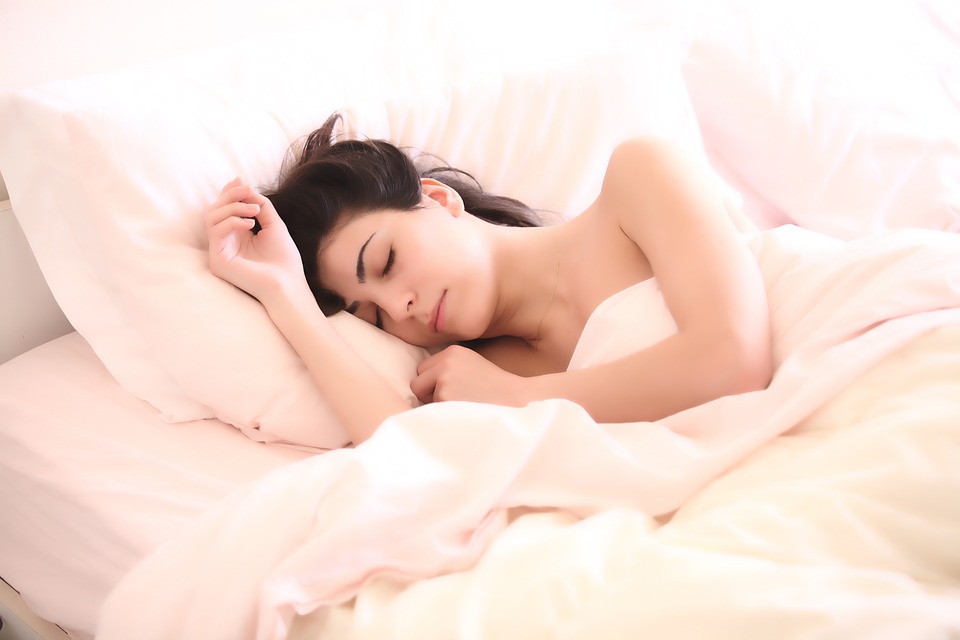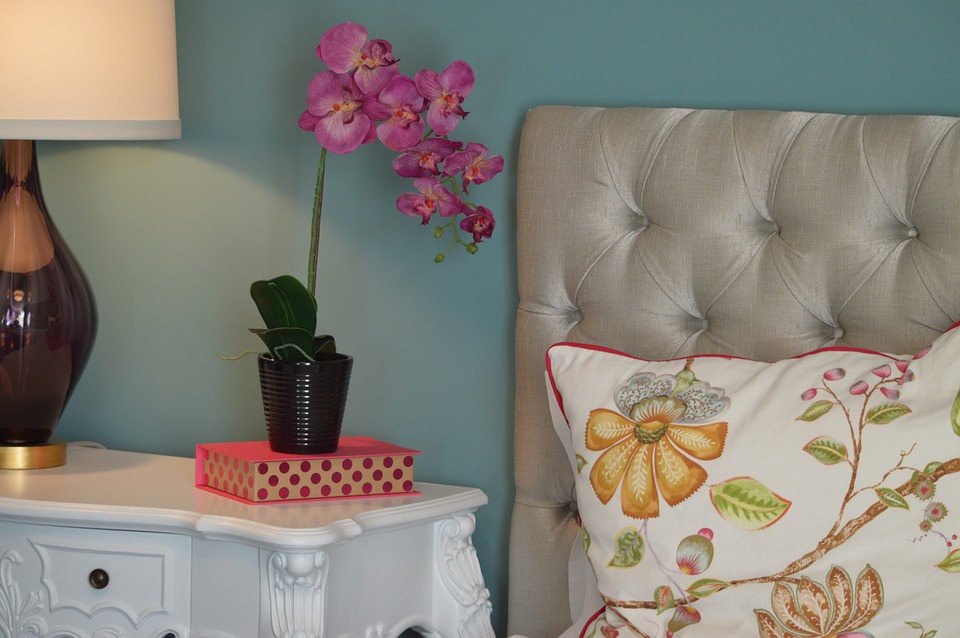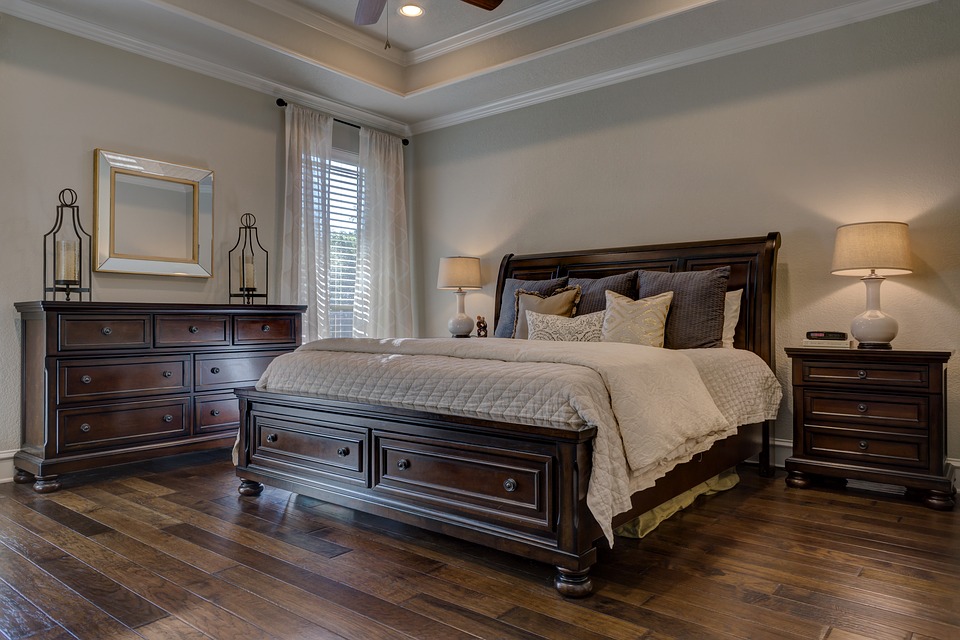Sometimes our living spaces need updating. When is the last time you gave your bedroom a makeover (and we are talking more than just a quick facelift)?
Our bedrooms should be a haven for restful, uninterrupted sleep. The place we long to retreat to at the end of a long day. Yet, we fail to realize the state our room is in can have an impact on our sleep quality.
If you have neglected to optimize your bedroom to get your best night’s sleep, here are seven quick and easy adjustments you can make this weekend.

- Clear out the clutter
A cluttered room achieves the exact opposite of creating a haven for peaceful sleep. According to a study by UCLA researchers, physical clutter overloads your senses, which leads to stress. Stress that results from a messy room is the last thing you need impacting your sleep. Why lose sleep over something you can easily manage? Not to mention, the last thing you want is to trip if you are making a midnight run to the bathroom.
- Block out the light
Before the creation of alarm clocks, light was responsible for communicating to our bodies it’s time to get up. If you are having trouble sleeping, make your room as dark as possible to avoid triggering your brain into thinking it should be awake.
That means blocking out both natural and artificial light. To block natural light, try using blackout curtains to keep light from streaming in at the crack of dawn. To minimize artificial light, turn your alarm clock away from your bed and avoid using the TV to help you fall asleep.
- Don’t neglect your sleeping structure
We spend one third of our lives in bed. If that’s not worthy of your money and attention, what is?
The average lifespan of a mattress is 7-10 years. Overtime, our beds succumb to the wear and tear of supporting our body weight each and every night. If you have noticed a sag towards the middle of your mattress or wake up with aches and pains, it might be time to go shopping.
- Add some foliage
Not only do indoor plants add tranquility to a room, they also improve air quality. Indoor plants purify the air by absorbing pollutants through their leaves and increasing oxygen levels. Some of the best plants to add to your living space are ferns, golden pothos and aloe vera.

- Keep it cool
Did you know, temperature has the largest impact on sleep quality? That’s because to fall asleep our core body temperature must decrease. According to Dr. Robert Oexman of the Sleep to Live Institute, the ideal temperature for sleep is 65 – 68 degrees.
“If that’s too cold for you, just pile on more blankets. As long as your head is exposed to that cold air, you will decrease your core body temp,” Dr. Oexman shares.
There is nothing worse than waking up in the middle of the night sweating bullets. Keep it cool to keep you comfortable.
- Splurge on an essential oil diffuser
Lavender is known for its calming effects. Research shows that the aroma of lavender eases anxious thoughts and insomnia. Psychologists at Wesleyan University even found this essential oil increased the amount of the very deep, slow-wave sleep (where your heartbeat slows and muscles relax) in respondents who were exposed to it for less than 10 minutes.
Maybe it’s time you splurged on the $30 essential oil diffuser you have always wanted!

- Minimize noise
You may not be able to do anything about external noise if you live near a busy highway or airport, but you do have control over your internal environment. Try your best to fall asleep without the TV on or keep your head away from a shared wall, especially if you share a wall with your kiddos or the laundry room.
If you have done all you can do to minimize noise and you still can’t fall asleep, try using ear plugs or a white noise machine to mask the louder noise. A constant hum is more effective than music or the sound of crashing waves.
Now you can sleep easy at night knowing your room is optimized for your best sleep possible. Sweet dreams!
